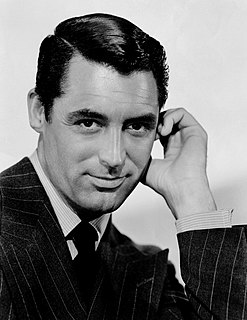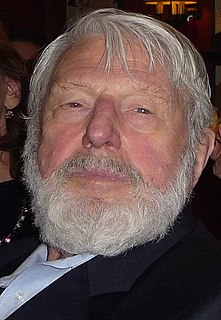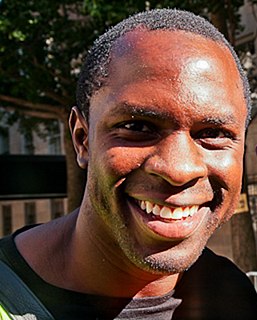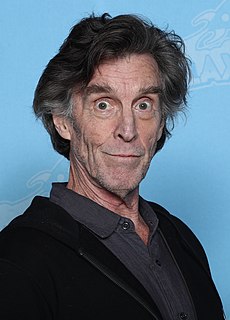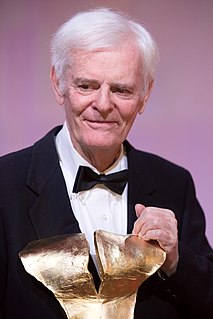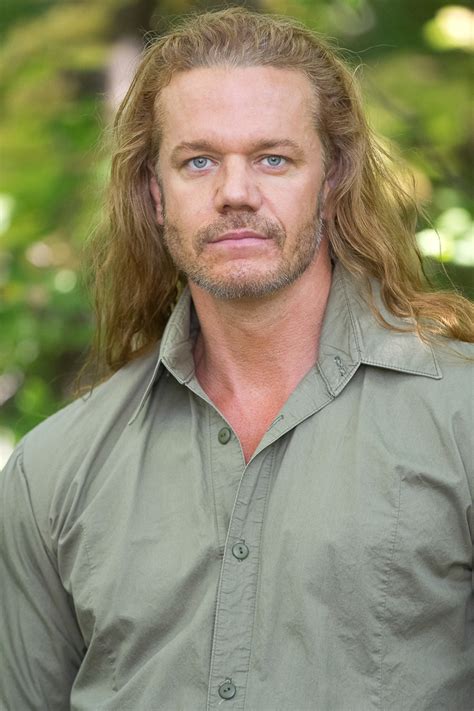A Quote by Michael Caine
In film, other actors' performances really are not your concern. If the other actor isn't giving you what you want, act as though he were.
Related Quotes
I'd prefer not to act in the film I'm directing. I think, though, as an actor, you do learn how to turn things on and off quickly and kind of compartmentalize. You learn to accommodate the camera and the other actors, to notice where the boom is and where you mark is, and be able to repeat something a few times.
I don't want to know about the lives of other actors and I don't want people to know too much about me. If we don't know about the private lives of other actors, that leaves us as clean slates when it comes to playing characters. That's the point, they can create these other characters and I can believe them. I think if you're a good enough actor, that's the way to longevity in the film business. Keep everybody guessing.
Actors go, 'I just want to act.' And I say to them, 'You know, stop for a second and think about what charges you up the most. Do you want to be on the stage, do you want to be in film, do you want to be a comic actor? Do you just want to make it for the money and capitalize on your look and do commercials and soaps?'
An actor is supposed to emulate life. Instead, alas, many are imitating other actors. You don't fashion your knowledge of theatre or your approach to a role on the basis of what other actors have done. This kind of thinking is a great danger, especially in dealing with TV producers who frequently say things like, 'This is a Sean Connery type.'
What Clint Eastwood meant was when you are directing and starring in a film, there's a temptation to spend more time on the other actors' performances, and then when you get to your own work, you kind of go, "Oh, yeah, well, let's cut that." And he said, "Take your time and make sure you do your work right." It's especially good advice if you're going from one career to another.
I do feel that scripts get developed now to a point where they're sort of actor-proof. If the actor is not very good, the narrative still survives because it's all in the dialogue. Not to say there aren't great performances in English-language films, because there are every year, but the 1970s were awash with great performances, and I was wondering whether it had to do with the amount of space and the amount of responsibility given to the actors.
In the theater, you're so much more in charge as an actor. For better or for worse, you know what the audience is seeing. But you can be acting your socks off on film, and then you see the movie, and the camera is on the other actor, or they've cut out the lines you thought were significant, or they've adjusted the plot. So much of it is out of your control.
I don't want to be like the actor who rehearses everything in the bathroom, then comes to the set and carries on completely uninterrupted while the other actors tiptoe away. I'm so dependent on reacting to the other actors on the set, and to the director. I'm very responsive. I react. And I treasure the energy that reaction gives. I feed off that and work off that. I don't like to be too prepared, no. However we define too prepared, if I feel it's getting that way, then I'll back off. My line-learning is very special. I like to learn the dialogue of the whole film before I arrive.






